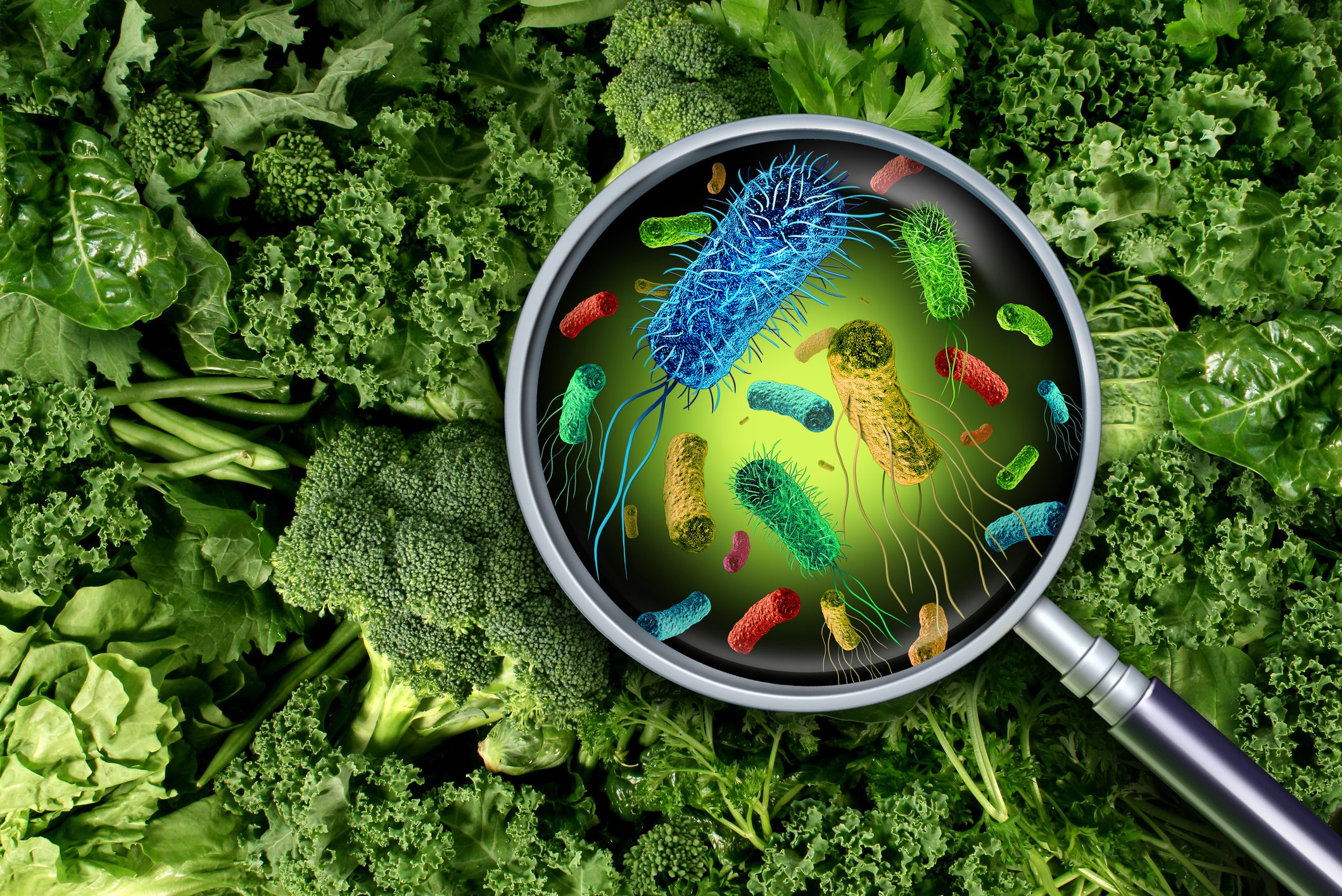Buzz Haven: Your Daily Dose of News
Stay informed and entertained with the latest buzz in news, trends, and insights.
When Dinner Goes Wrong: The Sneaky Dangers of Food Poisoning
Uncover the shocking truths about food poisoning! Learn how dinner can take a dangerous turn and keep your meals safe.
Top 10 Common Symptoms of Food Poisoning You Should Know
Food poisoning is a common ailment that can result from consuming contaminated food or beverages. Understanding the symptoms of food poisoning can help you seek timely treatment and avoid further health complications. Here are the top 10 common symptoms of food poisoning you should be aware of:
- Nausea - A feeling of unease that may precede vomiting.
- Vomiting - Expelling the contents of the stomach.
- Diarrhea - Loose or watery stools, often accompanied by cramping.
- Abdominal pain - Cramping or discomfort in the stomach area.
- Fever - An elevated body temperature often signaling an infection.
- Headache - Pain in the head that can range from mild to severe.
- Fatigue - Extreme tiredness or lack of energy.
- Muscle pain - Discomfort or soreness in muscles.
- Dehydration - A serious condition that can result from excessive vomiting and diarrhea.
- Chills - Experiencing a sudden feeling of coldness accompanied by shivering.

How to Prevent Food Poisoning: Tips for Safe Cooking and Storage
Prevention of food poisoning starts with safe cooking practices. Always ensure that you cook food to the recommended temperature to kill harmful bacteria. Use a food thermometer to check the internal temperature of meats, poultry, and casseroles. Here are some essential tips to follow:
- Wash your hands thoroughly with soap and water before handling food.
- Avoid cross-contamination by using separate cutting boards for raw meat and vegetables.
- Store leftover food in airtight containers and refrigerate promptly.
Proper food storage is just as vital in preventing foodborne illnesses. Make sure to store food at safe temperatures — refrigerator should be set at or below 40°F (4°C), and the freezer should be at 0°F (-18°C). Additionally, be mindful of expiration dates and adhere to the first in, first out rule for perishables. Remember:
- Thaw frozen food in the refrigerator, not on the counter.
- Keep raw meats on the bottom shelf of the fridge to prevent dripping.
- Regularly clean out your refrigerator to discard any expired or spoiled items.
What to Do If You Suspect Food Poisoning: A Step-by-Step Guide
If you suspect food poisoning, it is crucial to act quickly. Begin by assessing your symptoms; common signs include nausea, vomiting, diarrhea, and abdominal pain. If these symptoms appear severe or persistent, it is important to consult a healthcare professional. Stay hydrated by drinking clear fluids, such as water or broth, to prevent dehydration. Avoid solid foods until your symptoms improve. You may also want to keep track of what you ate in the past 24 hours to identify any potential sources of contamination.
Next, consider your next steps carefully. If your symptoms are mild, you can often manage them at home. However, if you experience high fever, prolonged vomiting, or the inability to keep fluids down for more than 24 hours, seek medical attention immediately. Additionally, if you suspect food poisoning from a restaurant or processed food, report it to your local health department to help prevent others from becoming ill. In some cases, medical professionals may request stool samples to determine the cause of your illness and provide appropriate treatment.